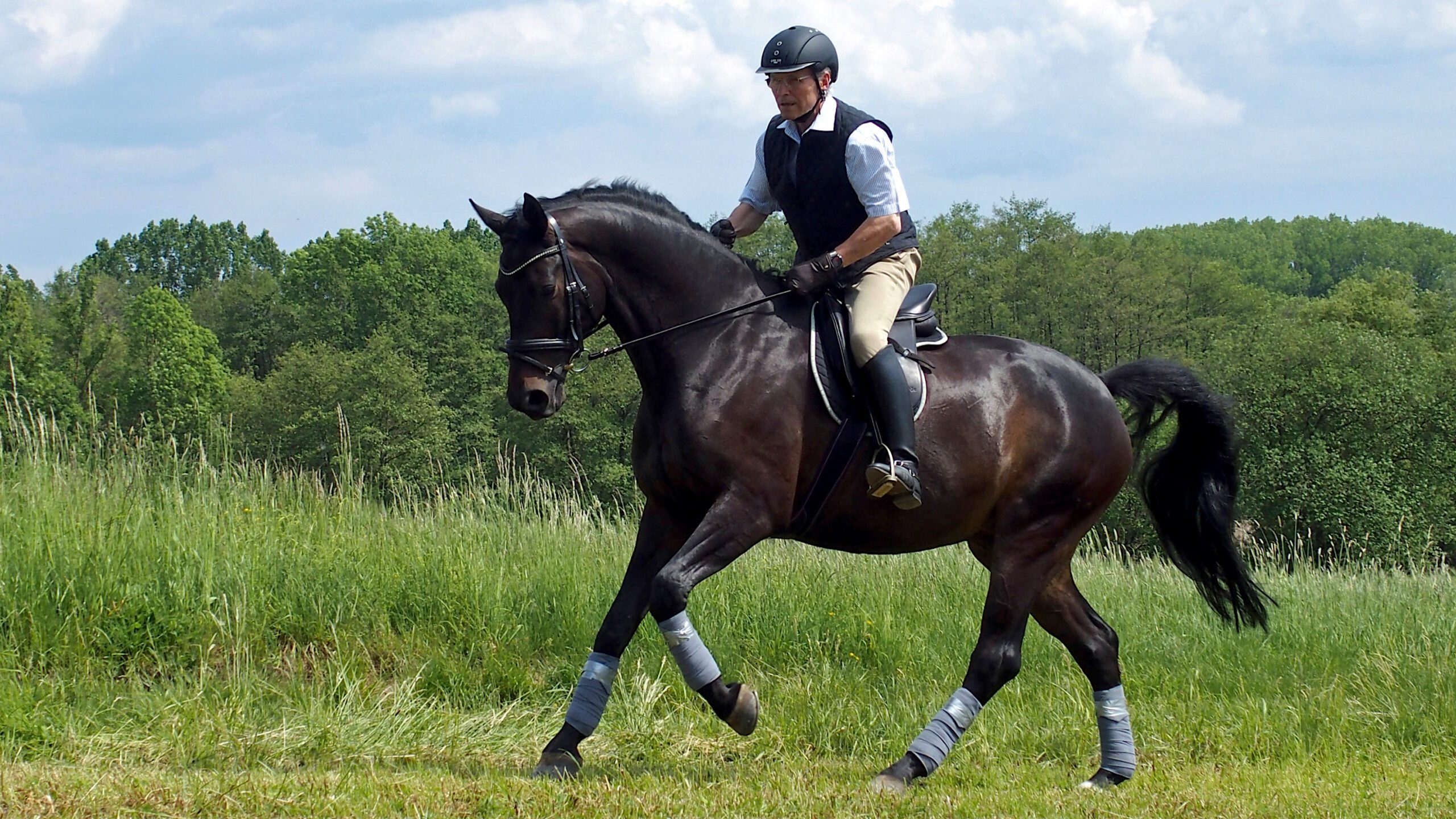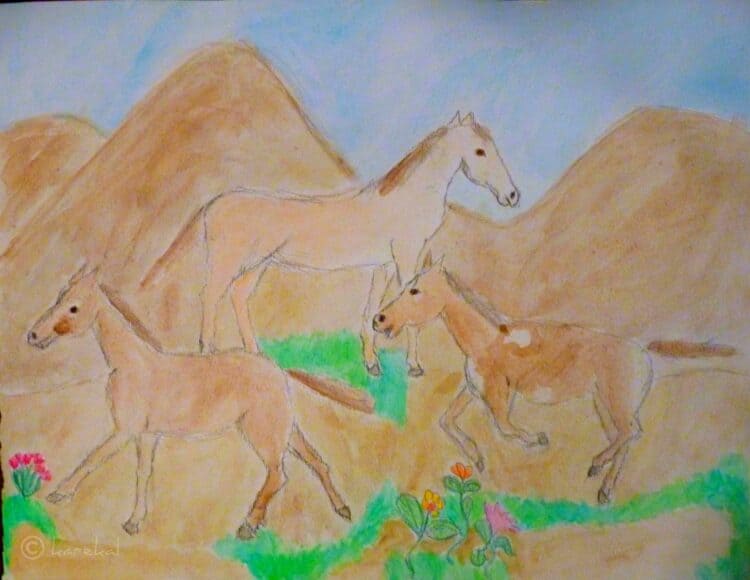Welcoming a majestic horse as your new friend awakens timeless bonds, reminding people to nurture compassion while marveling at their towing grace and spirited ways. But beyond the allure of their storied manes dancing upon the wind and the promise of adventures across grassy trails together ahead awaits significant caretaker commitment.
Before galloping joyfully ahead enchanted, build knowledge as the ultimate act of devoted reverence to fully ensure their health and fulfill their complex physiological needs. Grasp the immense privilege it is to shepherd such noble creatures counting on you for safety. Then lay the foundations of trust through reliability – steady nutrition, conscientious grooming, purposeful handling empowerment, and diligent wellbeing checks conveying the protection they intrinsically deserve.
Move carefully yet eagerly towards partnership. And in their patient trot, they find a rhythm, giving new meaning to the passage. Beautiful souls become when we devote ourselves to selflessly securing the comfort of others dependent upon human providers.
Let’s thoughtfully embark on this profound horse guardianship journey, meandering the timeless trails side-by-side.
Committing to Consistent Care and Comfort
Acquiring pets represents a pledge to nurture their wellbeing as dependent family members. Horses mainly rely on humans upholding steady living conditions and attention through:
Daily Food/Water – Ensure access to hay, grazing pasture, salts, and freshwater, meeting dietary needs.
Routine Hoof Care – Schedule professional trims/shoeing every 6-8 weeks, promoting structural support.
Preventive Health – Administer deworming medications and immunizations, protecting against contagions.
Diligent Grooming – Tend skin, coat, mane, and tail condition, avoiding discomfort from parasites, skin disorders, or temperature sensitivity.
Shelter Provisions – Stable and pasture spaces supply free movement, socialization, and security foundations.
Horses thrive on stability and sensitivity as herd prey animals, ensuring caretakers fully cover their introductory provisions.
Mastering Essential Handling and Training
Beyond meeting physical welfare standards, responsible horsekeeping requires developing mutual understanding and respect through:
Groundwork Basics – Horses need leadership, so confidently guide them when being handled and moved using lunge lines or free patterns.
Halter/Lead Proficiency – Refine proper tying, directing, and positional reinforcement to establish user-horse cooperation, avoiding injury due to size differences.
Loading/Trailer Skills – Perfect trailer backing, support strap usage, and balance while transporting to expand travel possibilities and prevent accidents.
Rider Mounting Preparedness – Smooth mounting transitions rely on horse-rider rhythm attained through consistent groundwork obedience.
Response Training – Utilize consistent verbal cues and rein-signaling around gaits, halting, transitions, and directional changes, cementing receptive behaviors.
Invest time early on in nurturing the horse-human dynamic through mutual understanding. This allows deeper enjoyment and safety for all equestrian adventures together as they look to you as a guide and partner.
Monitoring Health and Wellbeing
Over the years, preventing illness and injury remains central to maintaining equine wellness and riding capabilities. Prioritize:
Coat/Weight Checks – Shiny, slick coats and visible rib outlines indicate good nutrition intake and digestion.
Hoof/Shoe Inspections – Ensure proper trimming and shoe fittings prevent cracks, sole bruising, and inflammation during rides.
Leg Swelling Exams – Catch fluid buildup signaling strains needing prompt cold therapy and rest before irreparable lameness.
Monitoring Feed/Drinking – Consistent, hearty appetite and hydration confirm systemic health, allowing disease prevention and injury recovery.
Temperature Tracking – Establish baseline vital sign ranges and check for fevers indicating infection or cold stress. Keep digital thermometers handy, noticing alerts like listlessness, shivering, or sweating.
Heart Rate Evaluation – Count beats per minute at rest or post-exercise, returning below 60 BPM. Elevated heart rates warn of pain, stress, or circulatory imbalance.
Bloodwork Analysis – Annual veterinary blood panels check oxygenation capacity, sugar/protein levels, and organ function. Establish baselines highlighting concerns like anemia or kidney disorders.
Body Condition Scoring – Hands-on palpation along the neck, ribs, hips, and spine determines appropriate flesh cover without excess fat buildup, which strains organs. Consult body condition scales if unsure.
Incorporate purposeful head-to-hoof physical assessments and baseline observations within standard grooming and stall cleanup routines. This allows for the recognition of negative changes quickly, so veterinarian analysis facilitates early interventions. Keep detailed logs tracking all evaluations together over time – the patterns prove invaluable for healthcare insights.
Collaborating with Equine Specialists
Optimizing horse wellness and performance means consulting licensed professionals for:
Veterinarian Care – Schedule annual checkups and urgent issues for diagnosis/treatment guidance around medical concerns from virus susceptibility to acute lameness.
Farrier Support – Hire experienced farriers structuring appropriate hoof care regiments addressing unique conformation issues impacting horse health.
Dental Hygiene – Yearly dental cleanings and tooth examinations limit oral pain interfering with bridles, riding communication, and proper eating.
Bodywork Maintenance – Therapeutic massages or acupressure appointments release muscle tension and target physical/energetic imbalance for calmer dispositions.
Reputable equine specialists alongside trusted trainers you align with philosophically build essential circles of care around treasured four-legged partners relying upon your protection.
Essential Horse Care Tips for Beginners
Caring for a horse brings tremendous rewards of companionship and enjoyment but also carries major responsibilities. Here are some essential horse care tips for beginners:
- Regular Hoof Care: One of the most essential aspects of horse care is regular hoof care. Horse hooves need routine trimming and shoeing by a professional farrier every 6-8 weeks. This maintains proper hoof shape and angle, preventing cracked hooves or soreness. Along with farrier care, you should pick out your horse’s hooves daily to remove any rocks or debris.
- Providing a Quality Diet: Providing a quality diet is also key. Horses require a balanced mix of roughage, concentrates, vitamins, and minerals. Work with your vet or a horse nutritionist to formulate the ideal diet for your individual horse based on age, activity level, and health needs. Provide fresh, clean water at all times.
- Regular Grooming: Grooming is another fundamental part of the routine. Regular brushing helps condition the coat and skin. It also allows you to bond with your horse and closely inspect for any injuries or issues.
- Safe Shelter and Turnout: Setting up safe, spacious shelter and turnout areas allows horses to exhibit natural behaviors.
Following these essential horse care for beginners tips will lead to positive experiences with your equine partner as you continue to learn more advanced care techniques. Be sure always to put your horse’s health and well-being first.
Emergency Preparedness as Responsible Owners
Hope for the best while emergency planning for scenarios like loose horses, trailer accidents, floods, fires, and area evacuations remain imperative through:
Identification Tools – Permanent branding, implanted microchips, and nameplate tags attached to halters secure proof of ownership if separated.
Transport Readiness – Maintain a functioning stock trailer for sudden relocations, securing animals first. Pack irreplaceable paperwork like vet records in a protected grab bag.
Practice Response Plans – Work off hypothetical crises, imagining how to access immediate shelter and coordinate efforts conveying animals safely. Memorize key contacts.
First Aid Preparedness – Assemble equine kits containing essential medications, materials for securing wounds, hydration/nutrition supplements, and mapping to emergency veterinary hospitals.
By honoring moral duties and delivering horses from avoidable suffering when emergencies strike by having protocols in place, the human-equine bond strengthens exponentially through ultimate loyalty.
Conclusion
Though the learning curve may initially feel steep for beginner caretakers, embrace horses’ remarkable capacity to teach people the art of mindful presence when we approach them with patience and humility. Despite towering physiques, these sensitive spirits model grace during life’s storms if we earn trust through steadfast reliability in meeting their basic needs. By committing to daily renewal through conscientious provisions, handling empowerment, and health stewardship in alignment with fundamental equine welfare, neophyte horse guardians discover profound purpose while nurturing incredible magical friendships with those who run powerfully free yet choose a relationship with us if we walk gently without ego, when bonded hearts gallop as one, what wondrous adventures await ahead on the horizon.


Leave a Reply